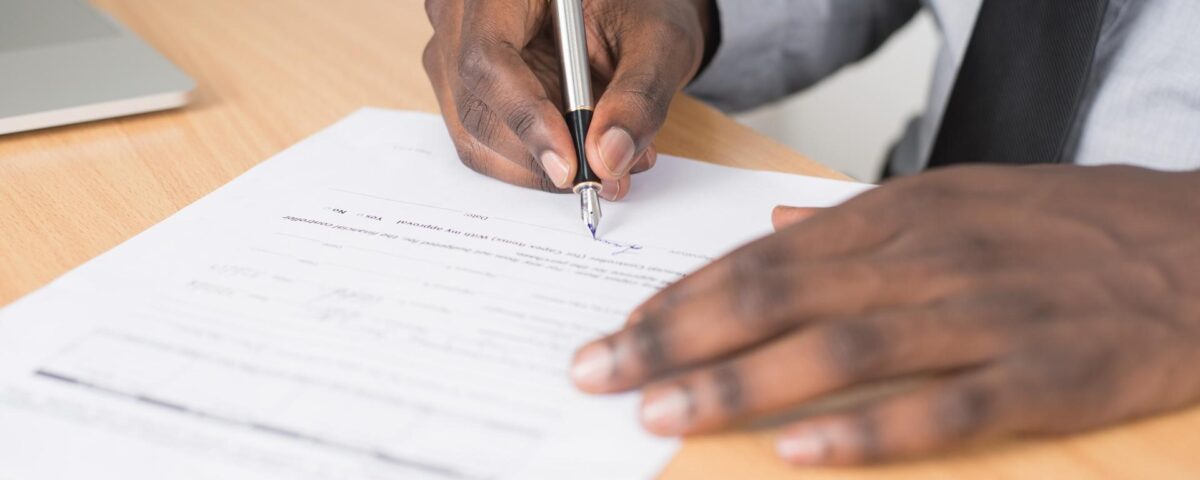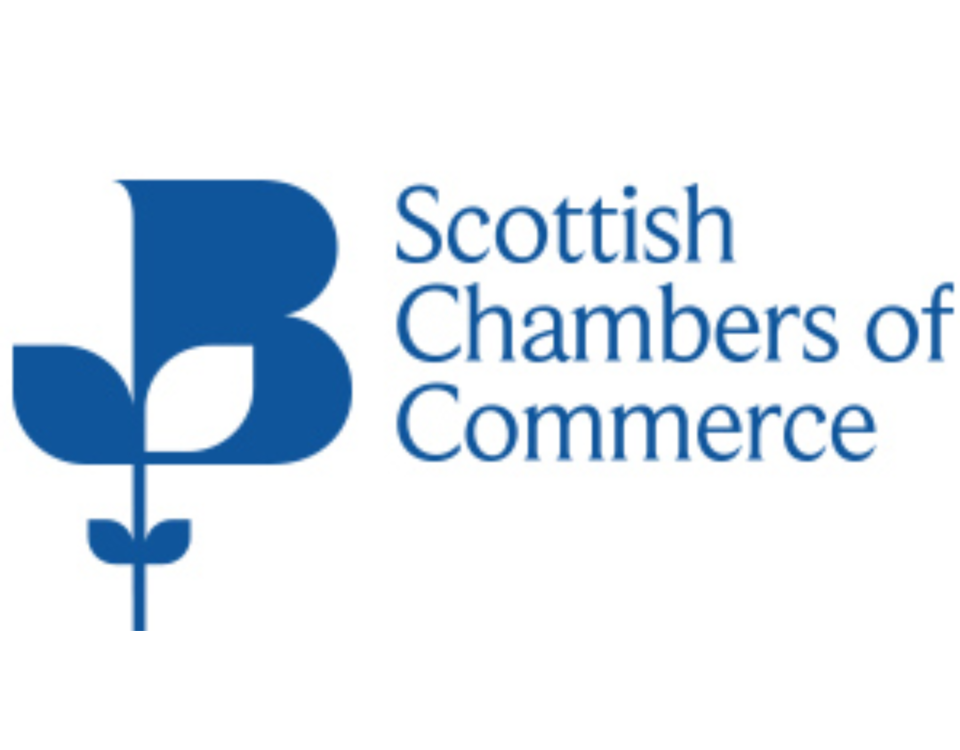7,900 Tax Returns In Inverclyde In 2019/20

Over £100m To Advance Cleaner Energy
10/11/2021
New £3m Greenock Nursery Unveiled
12/11/20217,900 Tax Returns In Inverclyde In 2019/20

More than 10.7 million customers completed their 2019/20 tax return by 31 January 2021 and 795,300 were from Scotland, HM Revenue and Customs (HMRC) has revealed, with 7,900 coming from Inverclyde.
The deadline to complete the 2020/21 Self Assessment tax return is 31 January 2022. Customers can complete it at any time up to the deadline but HMRC is encouraging them to complete it early to allow for more time to pay their tax bill or set up a payment plan.
Customers must complete a Self Assessment return if they:
- earned more than £2,500 from renting out property
- received, or their partner has received, Child Benefit and either of them had an annual income of more than £50,000
- received more than £2,500 in other untaxed income, for example from tips or commission
- are a self-employed sole trader whose annual turnover is more than £1,000
- are an employee claiming expenses in excess of £2,500
- have an annual income of more than £100,000
- have earned income from abroad that they need to pay tax on
The 2020/21 tax return covers earnings and payments during the pandemic. Customers will need to declare if they received any grants or payments from the COVID-19 support schemes up to 5 April 2021 on their Self Assessment, as these are taxable, including:
- Self-Employment Income Support Scheme
- Coronavirus Job Retention Scheme
- other COVID-19 grants and support payments such as self-isolation payments, local authority grants and those for the Eat Out to Help Out scheme
The £500 one-off payment for working households receiving tax credits should not be reported in Self Assessment.
Myrtle Lloyd, HMRC’s Director General for Customer Services, said:
“Customers can beat the rush and send us their tax returns now. They have until the 31 January deadline to pay, which means they have longer to set up a monthly payment plan if they need one.
“Visit GOV.UK and search ‘self-assessment’ to find out more.”
Even if customers submit their completed tax return now, they do not have to pay any tax owed until 31 January 2022. HMRC recognises that some customers may be worried about paying their tax bills. Customers can access support to help pay any tax owed on GOV.UK. Various payment options include:
- paying through a customers’ tax code (PAYE customers only)
- Payment on Account
- setting up an online monthly payment plan (self-serve Time to Pay)
- pay by debit or corporate credit card
- pay at a bank or building society
Visit GOV.UK for a full list of payment options and the eligibility criteria. Customers should contact HMRC if they have concerns about paying their tax bills.
HMRC urges everyone to be alert if they are contacted out of the blue by someone asking for money or personal information. Customers should always type in the full online address www.gov.uk/hmrc to get the correct link for filing their Self Assessment return online securely and free of charge. HMRC sees high numbers of fraudsters emailing, calling or texting people claiming to be from the department. If in doubt, HMRC advises not to reply directly to anything suspicious, but to contact them straight away and to search GOV.UK for ‘HMRC scams’.


